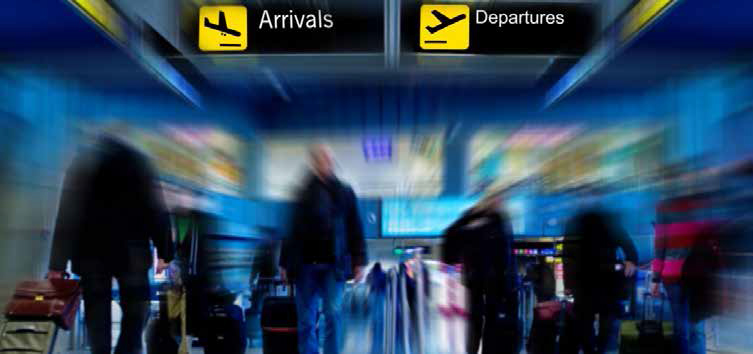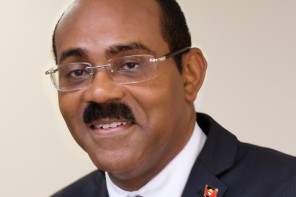The free movement of citizens of the OECS is a right provided for in the Revised Treaty of Basseterre and secured by the laws of Member States which are participating in the Economic Union Protocol. The Economic Union Protocol is that part of the Treaty which deals with the free movement of goods, services, capital and people.[1] The free movement of people applies to skilled and unskilled persons, retirees, people traveling for leisure, in short, all citizens of the Protocol Member States, the sole restriction being possible security risks.
For citizens of Antigua and Barbuda, Dominica, Grenada, Montserrat, St. Kitts and Nevis, Saint Lucia and St. Vincent and the Grenadines[2] the following are in effect as regards free movement of people:
- Citizens have the right to freedom of movement
- Citizens are granted indefinite stay on entry
- Citizens are allowed to travel and enter the countries with a government issued valid photo ID
- Citizens are not required to obtain a work permit
- Citizens are allowed to drive in a Member State on a valid driver’s licence from another Member State
These provisions will be supported by the proposed OECS Policy on Rights Contingent to the Freedom of Movement, through which a citizen of a Protocol Member State who exercises the right of free movement enjoys the same general and social rights and privileges accorded to a citizen of the host Member State. Recognizing that an OECS citizen may move with family, including spouse and dependents, the Policy provides that the right of an OECS citizen to move and reside freely within the OECS Economic Union Area and to enjoy rights and privileges as citizens should also be accorded to his or her family irrespective of nationality. The family unit and quality of family life are therefore protected.
One main goal of the regime for free movement of people is to support the creation of an Economic Union-wide labour market. This improves jobseekers’ access to employment opportunities in the OECS. Moreover, it allows businesses to take advantage of a wider pool of skills and paves the way for optimal allocation and utilization of labour resources throughout the region. The exercise of the right to establish businesses and to provide services, which are rights enshrined in the Revised Treaty of Basseterre will be more readily attainable with an effective free movement regime. The transferability of Social Security benefits throughout the OECS facilitates free movement, particularly since persons can work in various participating States over the course of their working lives and then access their retirement benefits in the country in which they choose to retire.
The free movement regime seeks to establish a single domestic space for travel. Ultimately, there will be an OECS border, as opposed to several national borders and immigration and customs checks will be rationalized. This will have positive implications for the movement and processing of nationals of third states and will doubtless give impetus to efforts to enhance the OECS tourism product. The movement of people inevitably includes movement of goods. The regime for free movement of people is therefore being developed taking into account the requirement in the Revised Treaty for goods not only to move freely, but also to be in free circulation once they clear the OECS border. In this regard the OECS proposes to develop fully integrated systems which will include a security system as well as a single electronic portal geared towards connecting all border control agencies, so simplifying business, trade and investment in the OECS.
[1] The Member States which are parties to the Economic Union Protocol constitute the ‘Economic Union Area’.
[2] Referred to as ‘Protocol Member States’





